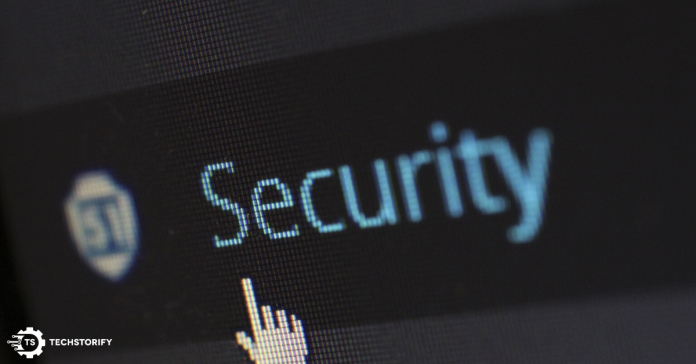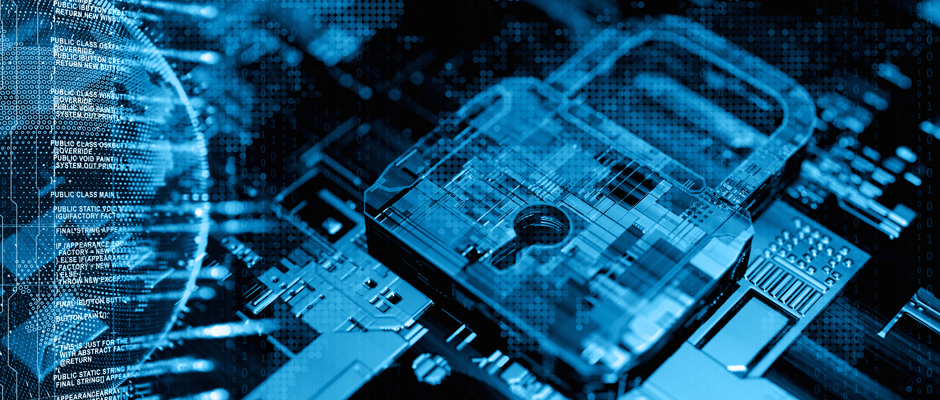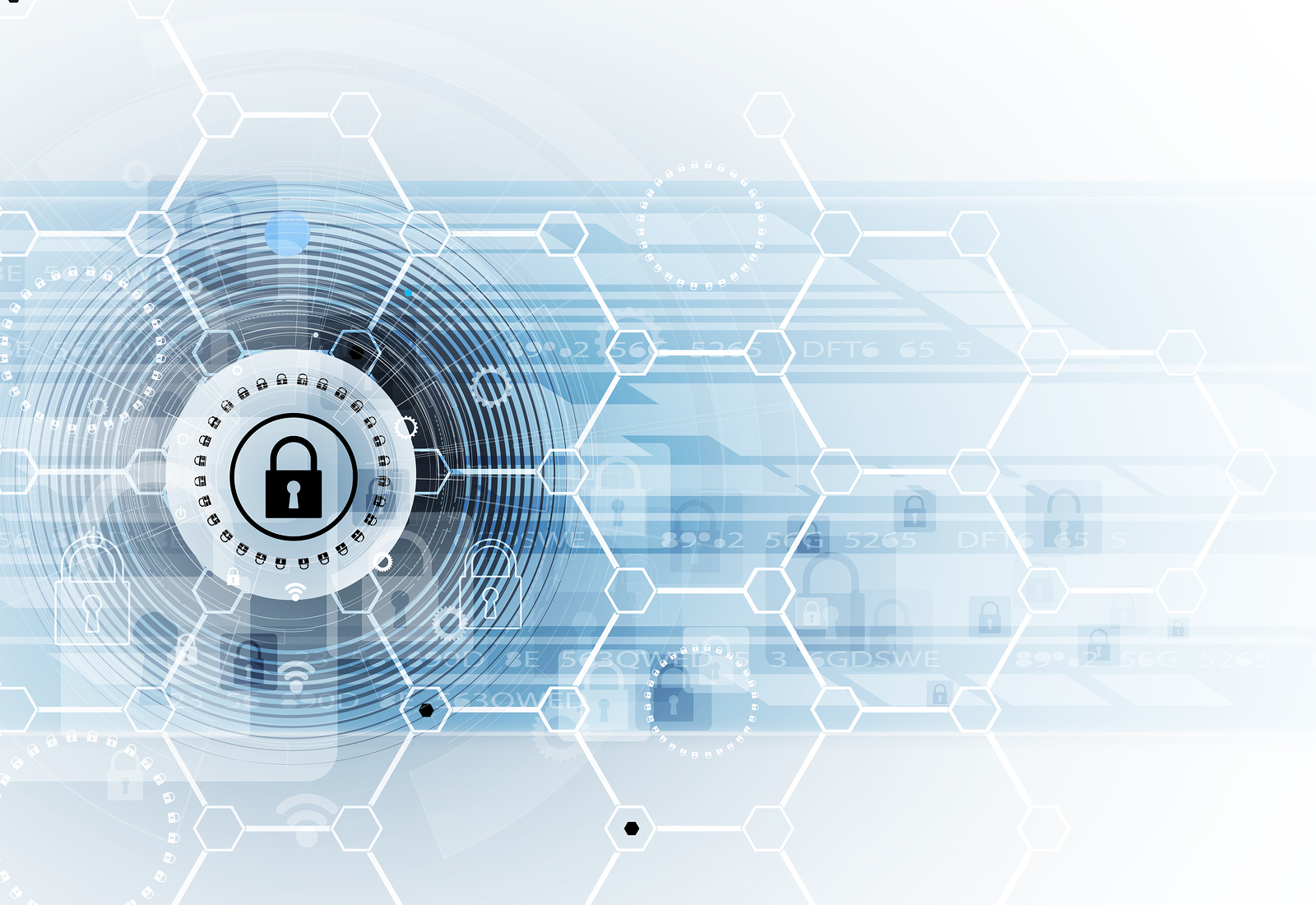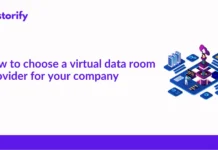The internet has revolutionized the way we work; anyone can run a business, make a website, or supervise a team from anywhere in the world. Unfortunately, a new threat has arisen in the 21st century—cybercrime. The number of cyberattacks continues to grow every year, and recovering from the fallout can be costly.
Even if you own or work for a small company, you are still a potential target for hackers and need to think carefully about your security practices. Nearly three-quarters (71%) of cyberattacks target businesses that employ fewer than 100 people.
Contents
- Here’s how to defend yourself and your company:
- Install reliable external and internal firewalls
- Use multifactor identification (MFA) across your networks
- Encourage a culture of cybersecurity awareness and training
- Use privileged access management
- Don’t forget about mobile devices
- Keep all data backed up
- Install anti-malware detection software and keep it up to date
- Do you need professional help?
Here’s how to defend yourself and your company:
-
Install reliable external and internal firewalls
Traditionally, security experts relied on a “castle-and-moat” model, which focuses on external threats. The problem with this approach is that it doesn’t account for internal threats; if a hacker can bypass a company firewall, they can then access systems unless other measures are put in place.
Don’t just set up a firewall between your network and outside forces—install internal protection too. Anyone working from home should have a firewall installed on their home network.
-
Use multifactor identification (MFA) across your networks
MFA requires a user to submit two pieces of information before they can access a device or network, such as a password and a PIN sent to an employee’s cell phone. It’s significantly more difficult for a hacker to get two pieces of information rather than one, so MFA is a simple yet powerful security measure
-
Encourage a culture of cybersecurity awareness and training
A single human error can compromise an entire network, so everyone needs to be taught the basics of cybersecurity. All employees need to know how to choose good passwords, avoid common scams, how encryption works, and how to report suspicious activity. They should also be briefed on credential phishing, privilege escalation, and ransomware.
Training should not be a one-off event; it needs to be ongoing to reflect changes in the cybersecurity landscape. Cybercriminals are becoming more sophisticated in their approach, so keep yourself armed with the latest information and pass it on to your colleagues.
-
Use privileged access management
Privileged access management (PAM) is a set of protocols that ensure only people who need to work with sensitive data are allowed to access it, and only those who require access to networks as part of their job can log in and make changes. As a rule, most employees should have accounts that only grant them access to local systems and applications that allow them to do their everyday tasks, such as creating documents and accessing the internet.
-
Don’t forget about mobile devices
Most businesses allow employees to use their own devices to access company systems. This is referred to as a “bring your own devices” or BYOD policy. Any organization with this policy needs to account for potential security risks, for example, from wireless fitness trackers or smartwatches that can connect to the company’s network.
Employees need to ensure their devices are set to automatically download the latest security updates and to make sure they follow best practices when setting up passwords on their devices.
-
Keep all data backed up
Taking reasonable precautions will lower your risk of attack, but you should still safeguard your company’s data by backing it up regularly. Make sure your cloud data is automatically backed up and schedule regular checks to ensure that your system is functioning correctly.
-
Install anti-malware detection software and keep it up to date
Although most people know that it’s unwise to click a link in an email unless it’s from a trusted source, lots of individuals and businesses still fall victim to phishing scams. Clicking a link can prompt your computer to download malware, which can compromise your machine, your company’s network, or both. A reputable anti-malware software will protect you from this kind of attack.
Do you need professional help?
If the thought of overhauling your security practices and preparing for a cyberattack is overwhelming, it’s time to hire a cybersecurity professional. They can undertake a complete risk assessment and give you tailored advice. These services aren’t cheap, but they are worth the investment—after all, a single attack can be enough to take down a business.






![How to Solve [pii_email_fac20b28ca7fd86484f1] Error Code How to Solve [pii_email_fac20b28ca7fd86484f1] Error Code](https://techstorify.com/wp-content/uploads/2022/01/How-to-Solve-pii_email_fac20b28ca7fd86484f1-Error-Code-218x150.png)









